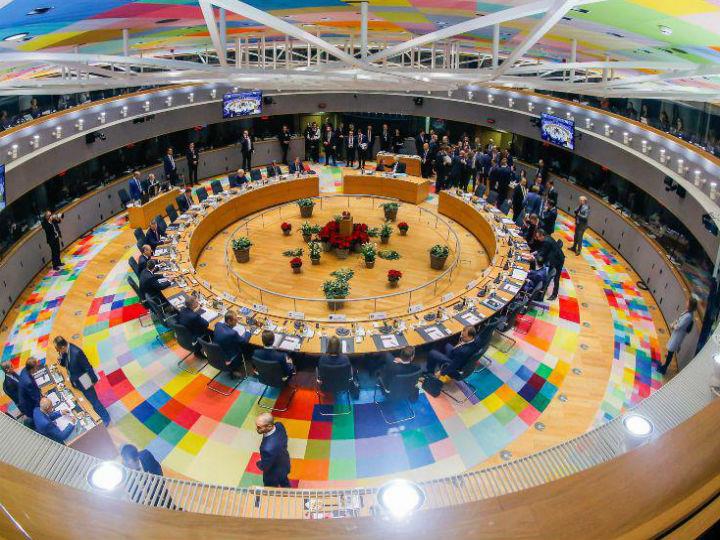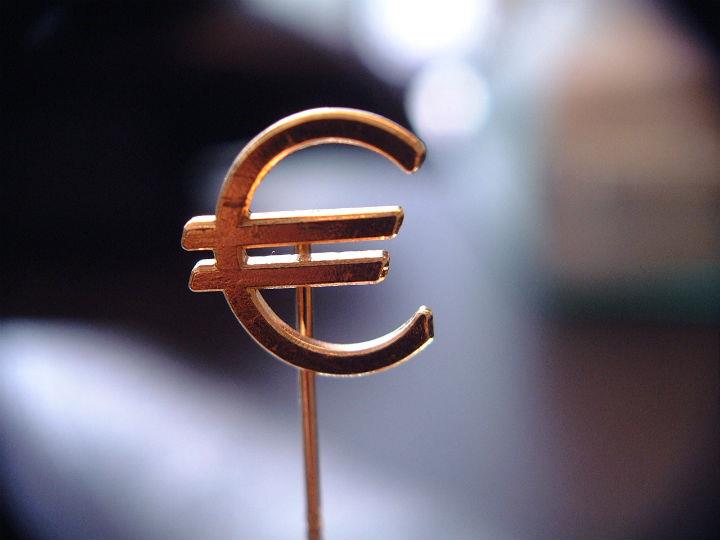by Giles Merritt*
The ‘eurocrats’ at the top of the EU’s executive Commission are fond of good news, and spread it whenever they can. But their dislike of bad news risks being a fatal flaw as the EU’s core business is to identify weaknesses and tackle them.
Troubleshooting was of course not the theme when Commission President Ursula von der Leyen recently accepted the Charlemagne Prize. The yearly award ceremony isn’t for tough analysis of the EU’s challenges, although the upbeat atmosphere was somehow redolent of the complacency that increasingly permeates the EU agenda.
The EU has arguably been handling ‘black swan’ surprises like Covid, Ukraine and Trump better than its critics expected. European public opinion is rallying behind Brussels despite the successes of some eurosceptic populist parties in national elections.
Just as Von der Leyen was being lauded in Aachen for her ‘outstanding vision, courage, strength and foresight’, Eurobarometer announced polling that shows greater popular support for the EU since 2007; 52% of respondents trust the EU, and 62% are optimistic about the future. Young people were the most positive of all.
An earlier exercise to gauge public confidence in the European Union was similarly encouraging. Five million people participated online, and 700,000 actively, in the EU’s Conference on the Future of Europe, organised jointly during 2022-23 by the Union’s three main institutions.
The conference aimed to let people “have their say on what they expect from the EU”. At the end of its debates, ‘citizens’ panels’ put forward 49 broad proposals that could boil down to 300 or so new measures. It appeared to be a model for citizens’ involvement in forging a tough, new forward-looking Europe.
But its recommendations were largely about what participants want to receive from the EU, such as minimum wage levels and shorter working time, rather than the commitments needed to improve productivity or reduce trade barriers.
The conference’s ‘good news’ ideas therefore contrasted with far grittier analyses of Europe’s failings published elsewhere by EU experts.
The Commission rarely promotes ‘bad news’ reports with the same vigour as more positive ones. Its press services have grown over the years to number some 80 people, with the 27 Commission members each having a spokesperson. Raising and polishing Commissioners’ media profiles frequently trumps in-depth information.
The EU-accredited press corps knows that significant but unwelcome developments can be eclipsed by more anodyne briefings. The EU’s shortcomings are not regularly highlighted, particularly the cost of ‘non-Europe’, which is jargon for limited application of the Union’s agreed reforms and disciplines.
At the start of this century, the US and EU economies were level-pegged in size, but now that of the US is a third larger. This is often ascribed to Europeans’ laggard adoption of digital technologies, but the far greater problem is EU member states’ refusal to fully implement measures they’ve signed up to.
A team of researchers at the European Parliamentary Research Service (EPRS) set out the scale of the problem in a report entitled “Europe’s two trillion euro dividend: Mapping the Cost of Non-Europe, 2019-24”. It makes for depressing reading.
Since the EPRS’s launch in 2013 as the parliament’s in-house think tank, it has earned a solid reputation for digging into areas that ‘good news’ EU officials may leave undisturbed. Its report looked at the EU’s 10 main policy categories and listed a host of initiatives and reforms that would deliver massive benefits if delivered on.
“If fully implemented from 2019-29,” the EPRS said, “the effect would be a two trillion euro dividend,” meaning a 14% boost to the EU’s GDP. Since the report’s 2022 publication, the situation has markedly deteriorated. An EPRS follow-up looked at 2022-2032 and found the cost of non-Europe over that period will rise by almost a third to €2.8tn.
The Commission is naturally concerned to reach out to public opinion and promote a sense of citizen involvement. This, however, downplays the gravity of the EU’s shortcomings. Member governments that drag their feet on measures they find uncomfortable or politically unrewarding should be named and shamed because Brussels needs to raise public awareness of the crippling costs of non-Europe.
*Founder of Friends of Europe
**first published in friendsofeurope.org




 By: N. Peter Kramer
By: N. Peter Kramer
